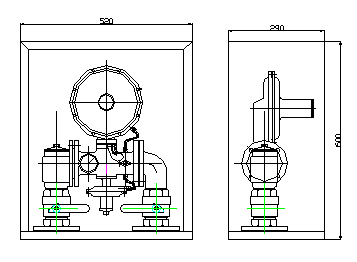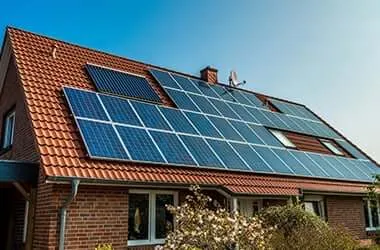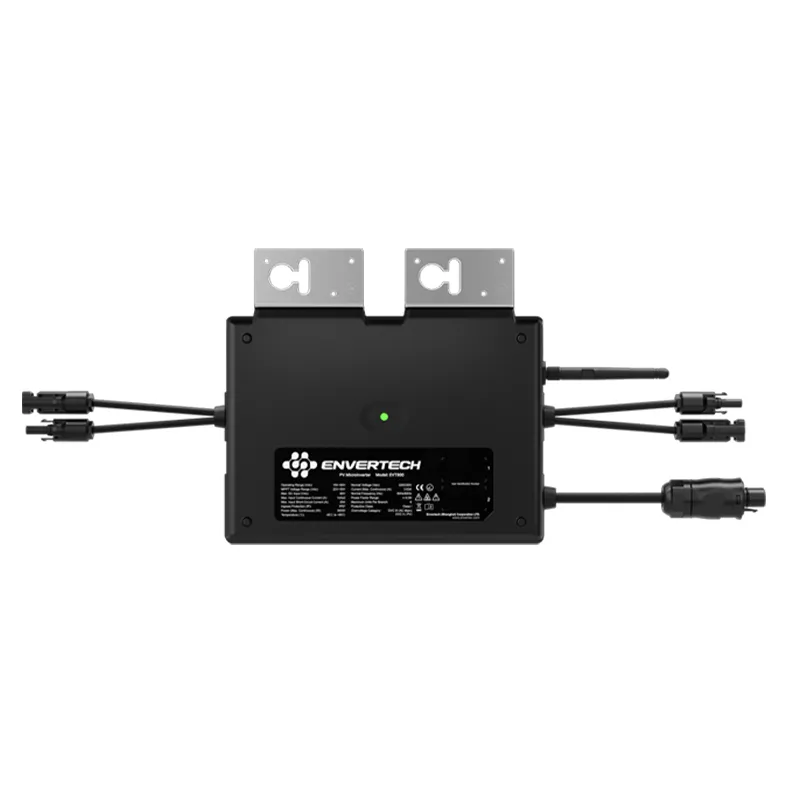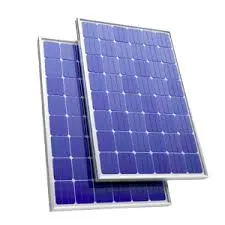At its core, a gas pressure regulator is a mechanical device that reduces the pressure of the incoming gas to a predetermined output pressure. This is particularly important because gases are often supplied at relatively high pressures, which can be dangerous if not managed properly. By regulating the pressure, the device helps prevent potential accidents, such as leaks or explosions, that can occur if the pressure is too high.








